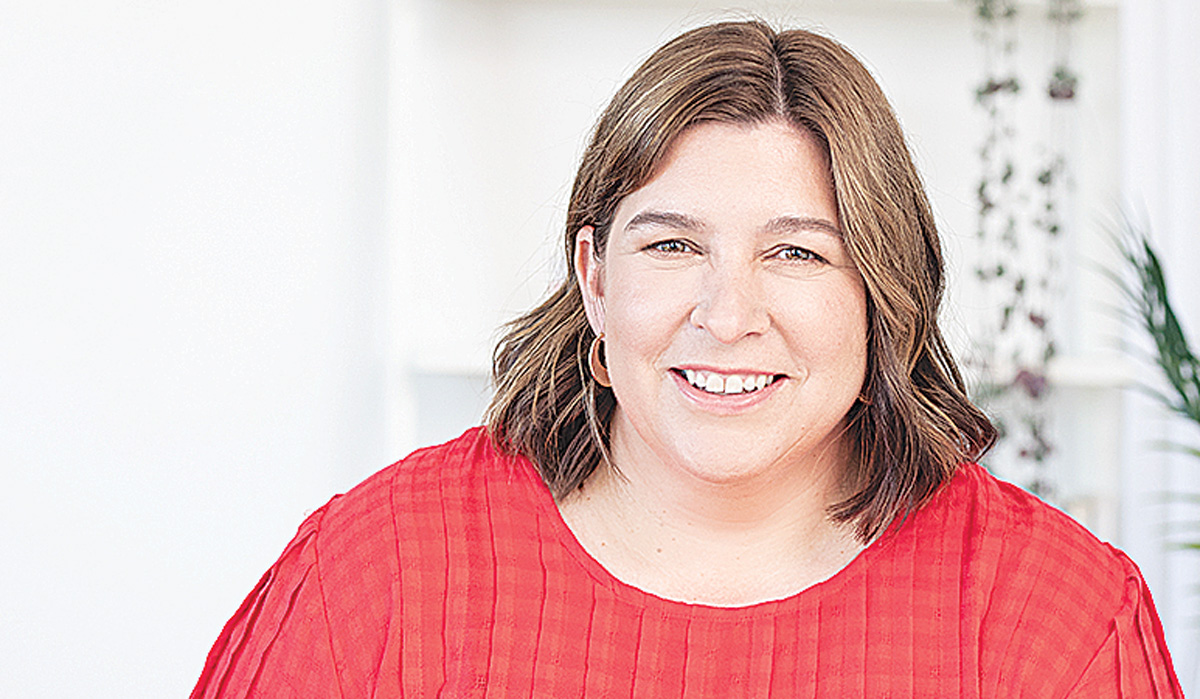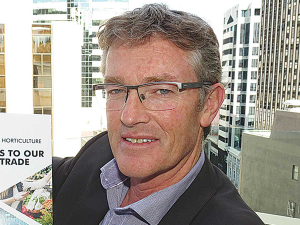"Unwelcome" is how the chief executive of the Horticulture Export Authority (HEA), Simon Hegarty, describes the 15% tariff that the US has imposed on primary exports to that country.
The US imports just on NZ$1 billion worth of our horticulture exports, with wine at the top of the list, but also includes apples, kiwifruit and a range of other products. The tariffs come at a time when our total apple exports to the USA were increasing.
Hegarty says the new tariffs could possibly lead to a slowdown in sales to the USA and may lead to product having to be diverted elsewhere. He says the tariffs create uncertainty and risk.
"And they are unjustified because we don't charge any tariffs on any US product coming into NZ," he told Rural News.
He says initially the sector went from very low tariffs before being hit by the 10% tariffs, which came into effect in April, and says the 15% tariff will bring challenges.
He says at this stage it's uncertain who will wear the cost of the higher tariffs - the consumer or the suppliers or a combination of both.
Hegarty says there may come a point where US consumers start buying less NZ product and possibly turn to cheaper imports from South America. He says it's possible, as suggested by other commentators, that the tariffs will have wider global repercussions which could affect NZ.
Read More:
"I can't see anything good out of this for us. It's just degrees of market weakness and greater instability. Exporters look for certainty and stability and these tariffs raise more instability and increase uncertainty and risk. There is nothing positive for us," he says.
The tariff is also impacting other sectors; NZ's $1.3 billion dairy trade with the US is also coming under pressure as a result of the tariffs.
Dairy Companies Association of NZ executive director Kimberly Crewther says the way the tariffs have been applied to NZ and other dairy exporting nations to the USA will severely disadvantage us and give our competitors an edge over us.
Most of NZ's dairy exports to the USA are casein and protein products and it's the whey concentrate protein that poses the biggest problem for NZ, according to Crewther. She says while NZ is facing a 15% tariff, the Canadians will continue to export into the US market duty free in direct competition with us.
She says our infant formula exports to the USA will also be affected.
Crewther points out that while Trump has imposed what appears to be the same 15% tariff on dairy imports from the EU, the reality of the situation is quite different.
She says in the case of the EU, the previous tariffs on exports to the USA were higher than 15% and now these are effectively lowered which gives them an advantage over us.
"We are very disappointed with waht's happened and are just hoping the full cost of the tariffs will not be borne by us," she says.
 |
|---|
|
DCANZ executive director Kimberly Crewther
|
Meanwhile, Trade Minister Todd McClay has been in Washington meeting with US Trade Representative Jamieson Greer and US industry representatives, think tanks, and his agriculture counterpart, Secretary of Agriculture Brooke Rollins.
Before he left, McClay noted that the visit was an opportunity to discuss the impact of the tariffs and better understand the factors that may influence future US policy on these. He says the two countries have a long-standing, well-balanced trading relationship, with periods where the US has enjoyed a surplus and times, like now, when NZ has a modest one.
"I will be seeking to understanding the effect of any change in trade flows for example, if New Zealand's current surplus shifted to a deficit, and what that might mean for our exporters," he says.




















